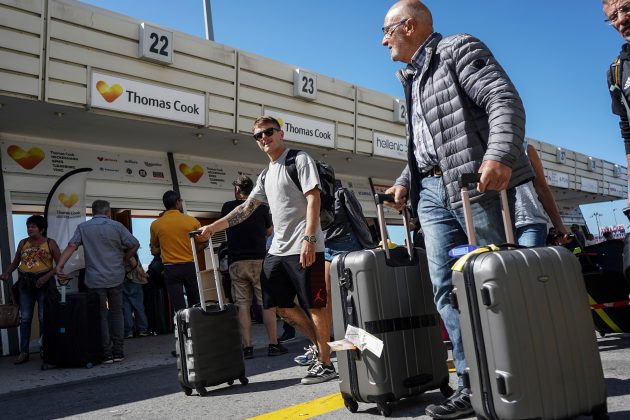Timeline – Thomas Cook’s humble beginnings to a billion-pound collapse
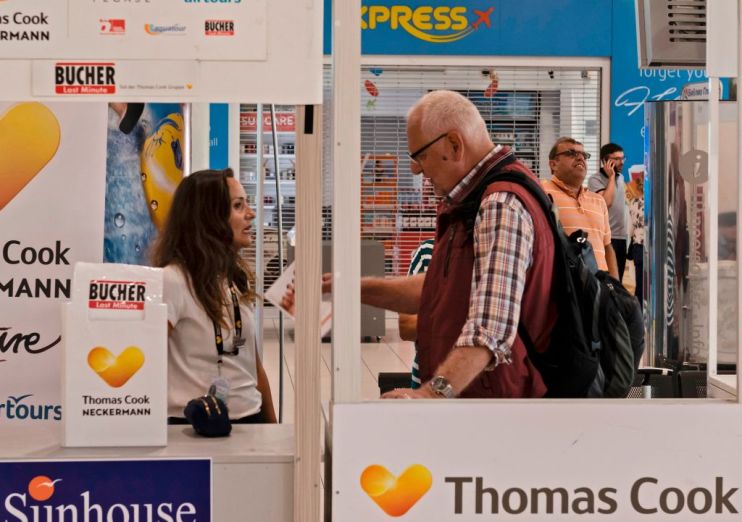
Thomas Cook’s insolvency has left hundreds of thousands of people stranded abroad, and cost tens of thousands of jobs in the UK.
But it has been a long time coming. With debts ballooning over the last 10 years and a near-miss in 2011, Britain’s oldest travel firm has endured a bumpy ride in recent years since it started out 178 years ago
1841 – Humble beginnings
Founder Thomas Cook organises his first trip – a rail journey from Leicester to Loughborough, which took 500 passengers 12 miles and back for an anti-alcohol meeting. It cost one shilling, and it would be another four years before Cook would make a profit on one of his trips.
1855 – Going global
After years of growth, the firm runs its first continental tour. Two groups of passengers travel from Harwich to Antwerp, then to Brussels, Cologne, Strasbourg and Paris.
Customers did not only pay for transport, however. The cost included the full package of accommodation and food, while a foreign exchange service was also on offer.
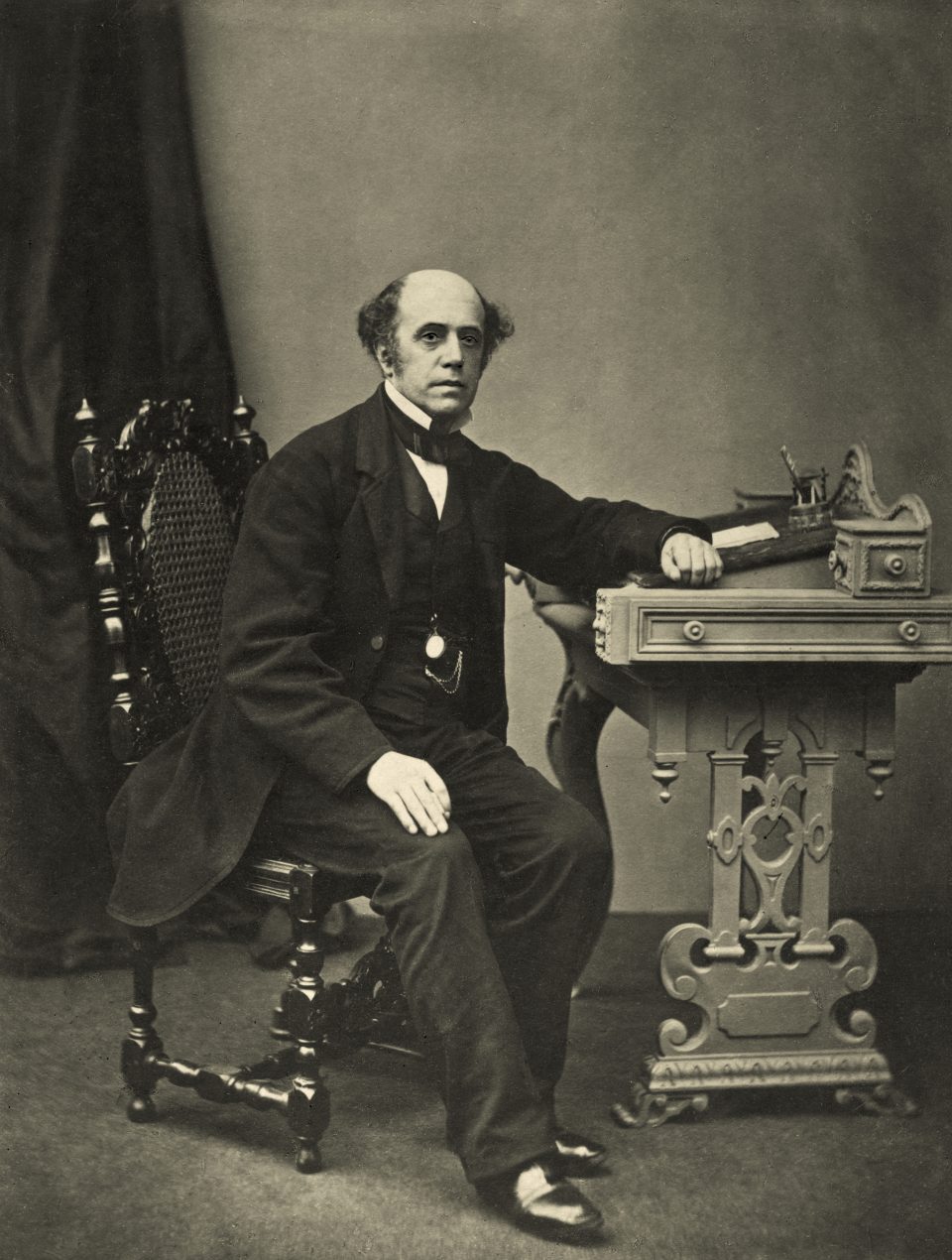
English tourist pioneer Thomas Cook, 1808 – 1892 (Getty Images) 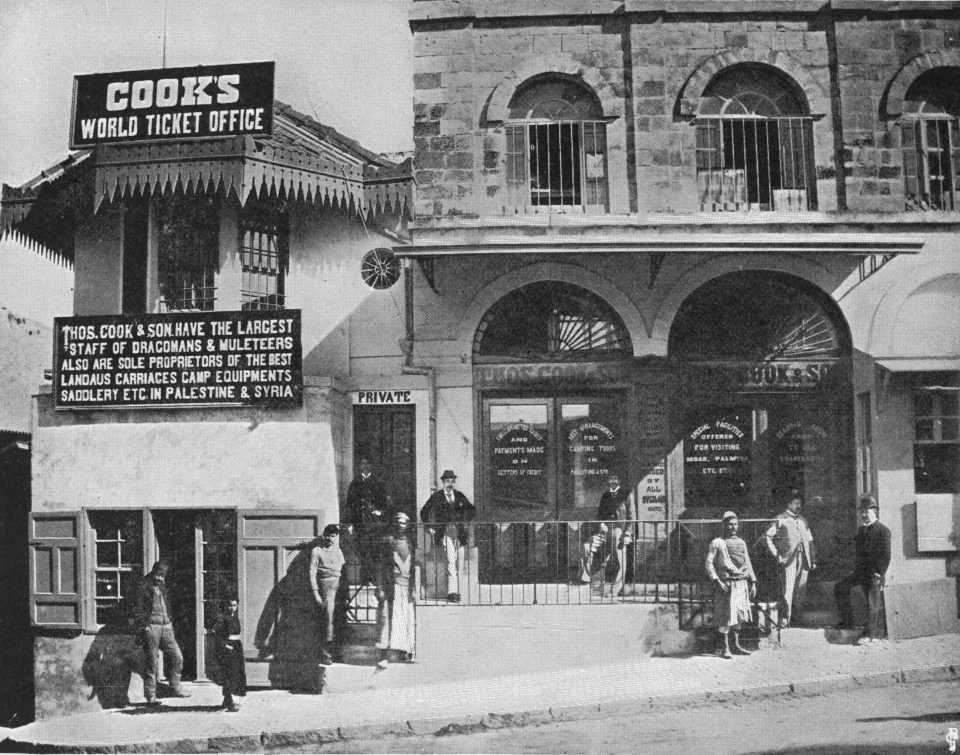
Thomas Cook’s World Ticket Office in Jerusalem. (Getty Images) 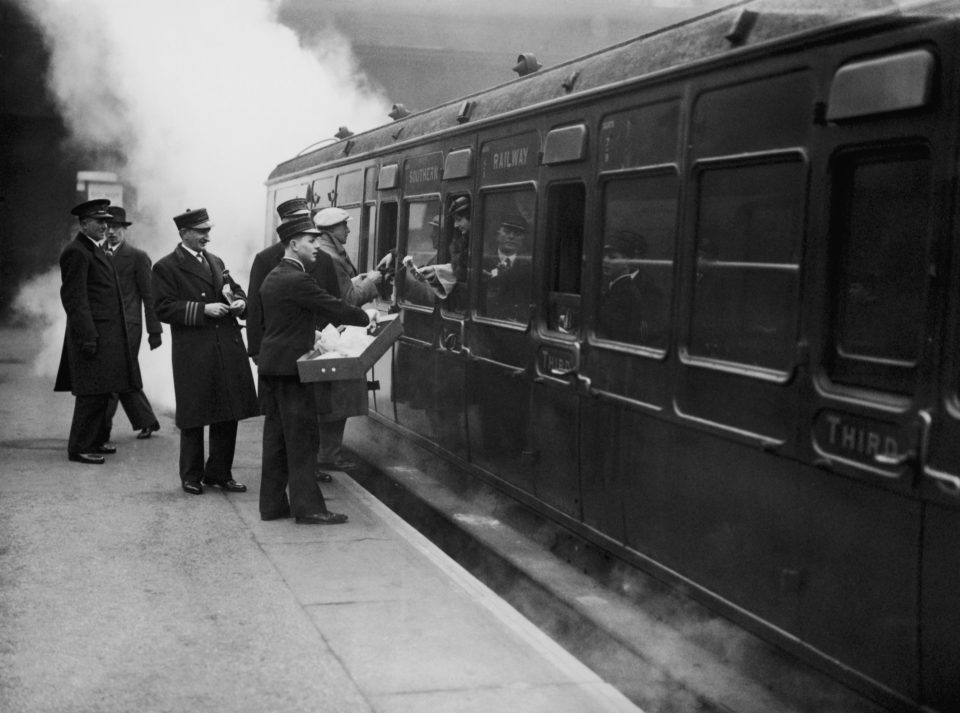
Travellers leaving Victoria Station in London on a Thomas Cook holiday to Italy are presented with a buttonhole prior to departure, 1937 (Getty Images) 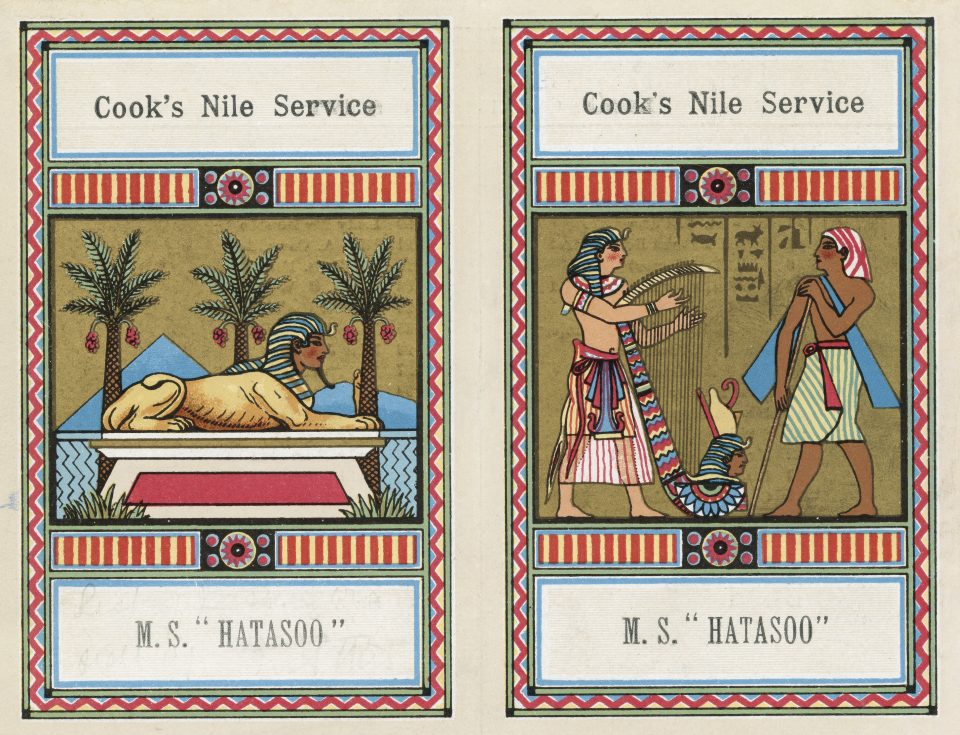
An advertisement for ‘Cook’s Nile Service’, a cruise on the Express Steamer ‘MS Hatasoo’ run by Thomas Cook and Son, circa 1900. (Getty Images)
1865 – Setting up shop
Thomas Cook opens his first high-street store on Fleet Street. Over the coming 175 years his empire would grow to 600 outlets.
1919 – Taking to the skies
Thos Cook & Son, as it was called back then, becomes the first travel company in the UK to advertise pleasure trips by air.
1928 – Out of the family
Frank and Ernest Cook, the two surviving grandsons of Thomas Cook, retire. They sell the family business to the Compagnie Internationale des Wagons-Lits et des Grands Express Europeens.
1948 – Under state ownership
Thomas Cook comes under the control of the British Transport Holding Company, making it state-owned.
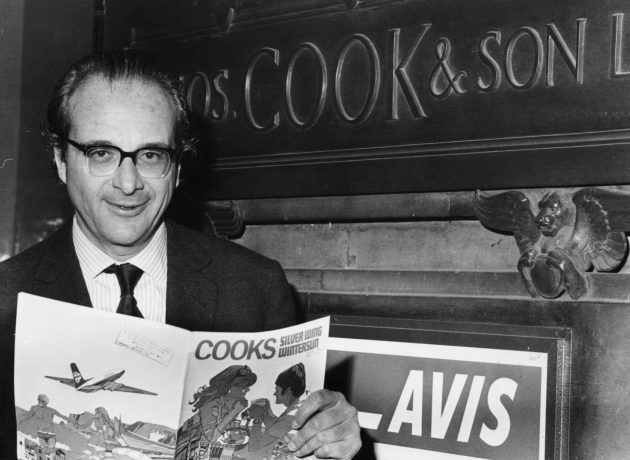
1972 – Private again
Thomas Cook & Son is once again privatised and bought by a consortium of Britain’s Midland Bank, Trust House Forte and the Automobile Association.
Two years later, it rebrands as Thomas Cook.
1984 – A slogan is born
The advertising line, “don’t just book it, Thomas Cook it”, is used for the first time.
1992 – New ownership
Westdeutsche Landesbank, the third-largest bank in Germany, buys Thomas Cook along with LTU Group, Germany’s biggest charter airline, from Midland Bank.
Two years later, the company acquires Interpayment Services Limited, a subsidiary of Barclays, making it the largest supplier of travellers cheques outside the United States.
But the same year, Thomas Cook sells off its travel management business to American Express.
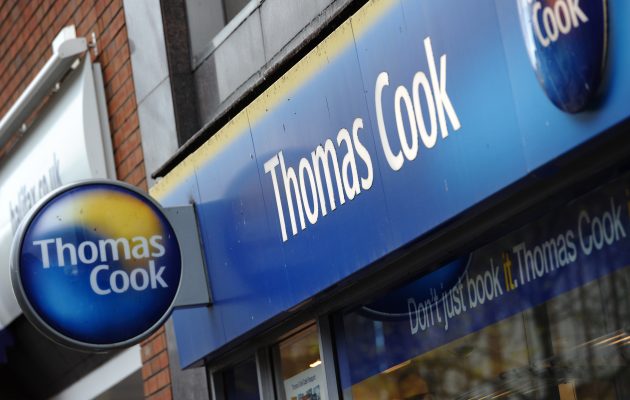
1997 – Going online
Thomas Cook online goes live for the first time, making the travel agency the first to let customers buy holidays and foreign currency over the internet.
2001 – Another new owner
Thomas Cook is bought by Condor and Neckermann, the German travel firm, renaming it Thomas Cook AG.
2007 – Trouble begins
Then, six years later, Thomas Cook AG merges with MyTravel Group to create Thomas Cook Group.
It was supposed to create a European giant, with £75m-a-year savings. But the merger caused trouble down the road. MyTravel Group had only turned a profit once in the previous six years, and the deal brought huge debts upon the group. £1bn of these had been written off by May 2019.
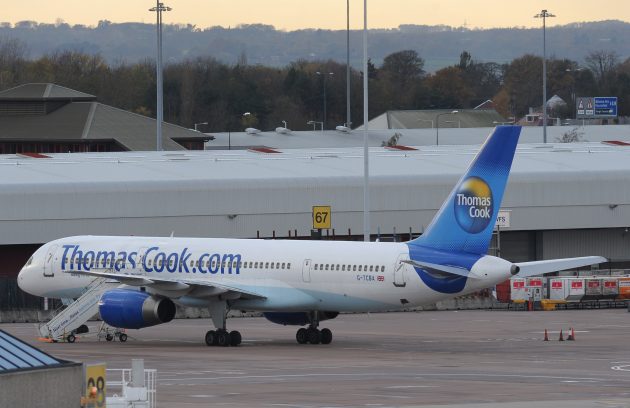
2011 – A near miss
After debts reach £1.1bn, the firm only just stays afloat after emergency cash is poured into it by merging its retail operations with those of the Co-operative Group and the Midlands Co-operative Society, creating the UK’s largest chain of travel agents.
2015 – A saviour emerges?
Thomas Cook Group announces a new strategic partnership with Chinese investment group Fosun, with a plan to build a global holiday and entertainment conglomerate. Fosun already owned France’s Club Med and Canada’s Cirque de Soleil.
May 2019 – A third profit warning
Company issues its third profit warning in less than a year, saying discounting and higher fuel and hotel costs will hurt it during the peak summer season.
August 2019
Thomas Cook agrees the main terms of a £900m rescue package that will see Fosun Tourism take over its tour operations and creditor banks and bondholders acquire its airline.
September 2019
Thomas Cook seeks an additional £200m to see the company through the winter season when business is slow. Nobody stumps up the cash, ending a 176-year legacy.
